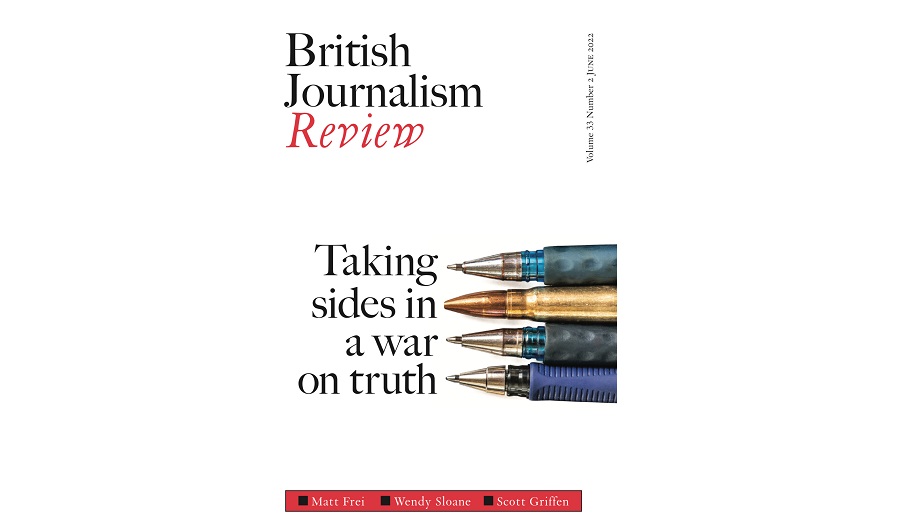Wendy Sloane, Associate Professor of Journalism at London Met, discusses the disturbing escalation of Kremlin censorship in an article published in the British Journalism Review.
Date: 22 July 2022
A new article from Wendy Sloane, Associate Professor of Journalism at London Met, explores the role of Kremlin censorship and control following the invasion of Ukraine.
Published in the British Journalism Review, she argues that the conflict has seen an escalation of censorship tactics, with a clampdown on both domestic and foreign media.
“Reporting from inside Russia has never looked so bleak,” Wendy writes. “Most independent Russian media outlets have been either shut down or partially blocked, with many Western – and Russian – correspondents who were based in the country relocated elsewhere.
“New censorship laws are making accurate, on-the-ground reporting close to impossible, with journalists barred from calling out the true nature of Russia’s invasion of Ukraine, including referring to it as a 'war'. Now, the censorship is starting to spill over to parts of occupied Ukraine, with many viewers having access only to Russian state-controlled media, according to the BBC.”
Her sources include a number of journalists who have worked for Russian state-owned media, or independent media, as well as journalists from other countries who have previously reported on the subject. They report the intensification of censorship, with Putin working hard to dismantle independent journalism, and the closing down of many Russian-language websites, including those that have not been covering the war.
The punishment for those who do not comply with the bans is severe. Wendy says, “Those who continued their journalism were constrained by gleaming new censorship laws, where reporting anything deemed feik, or fake, could result in a 15-year prison sentence.”
She discusses the myriad and “ingenious” ways in which news outlets are circumventing the rules, by moving their journalists to neighbouring countries, or attaching disclaimers on the reportage to show that it was edited in line with Russian regulation.
But ultimately, the increasingly heavy-handed approach means it’s extremely difficult for international audiences to gain an accurate picture of the views of ordinary Russian citizens, with state dispatches deeply propagandised.
She concludes with the thoughts of journalist Derk Sauer, founder and publisher of the Moscow Times. “I am, most of all, sad about this crazy and totally unjustified war.,” he said. “Putin and his small circle, they basically are ruining Ukraine and at the same time they are ruining everything that is left from a decent democratic Russia. The moral degradation of Russia, the endless terrible propaganda, the destruction of civil society. It’s not just journalists, of course, but everyone who is more or less normal in Russia, everyone with some decency is a victim.”

